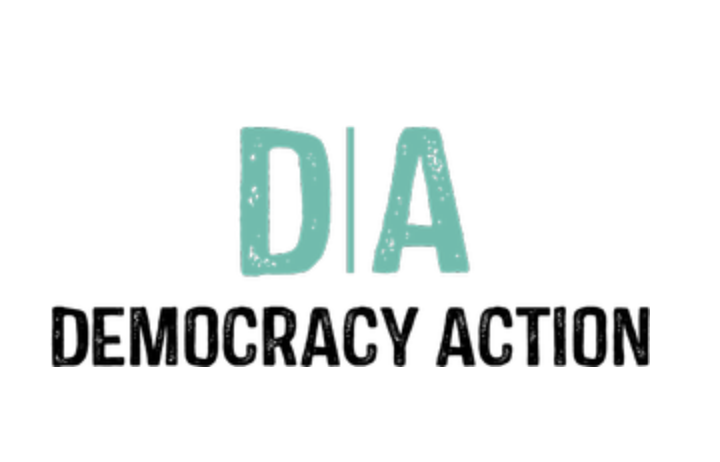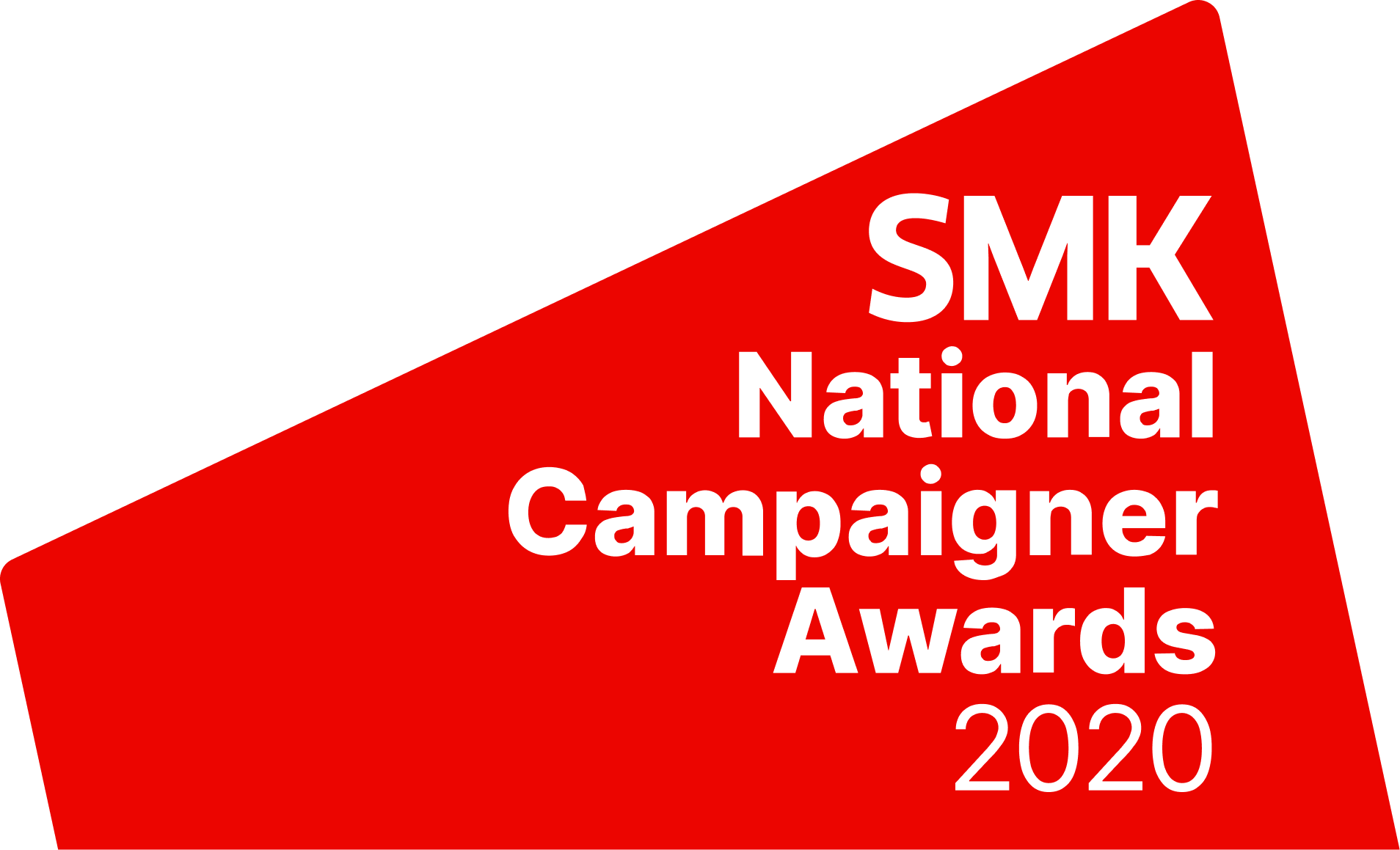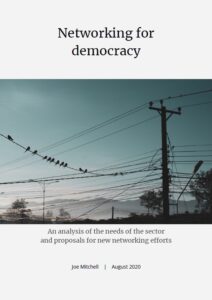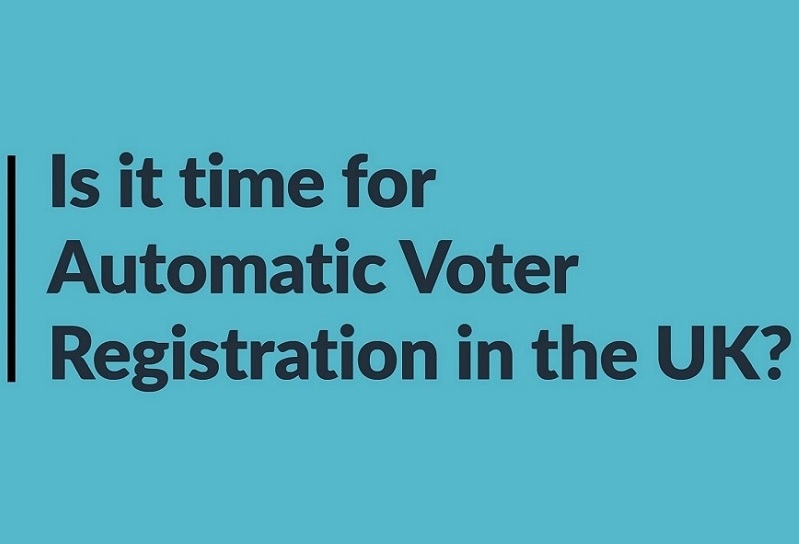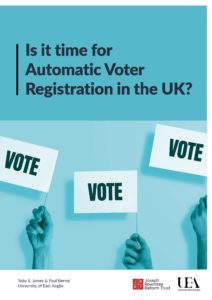JRRT is one of 13 funders supporting the Foundation Practice Rating, an initiative led by Friends Provident Foundation to improve practices of Trusts and Foundations on transparency, accountability and diversity. Each year 100 of the UK’s biggest foundations are assessed, including the funders associated with the initiative.
Our results
In year 2, JRRT’s overall rating remains unchanged at B. Our rating for diversity is C, accountability B (up from C the year before) and transparency A. Within these we have made improvements on accountability and diversity.
| Diversity | Accountability | Transparency | Overall rating | |
| Year 2 | C | B | A | B |
| Year 1 | C | C | A | B |
The limited improvements reflect work by the staff team. We aim to make further changes this year, including three commitments sparked by the campaign to prompt participating Trusts to make pledges to improve.
Our pledges
This year, we plan to:
- increase grants to organisations led by people from black and minority ethnic communities;
- publish information on our investment policy;
- and develop and publish a feedback and complaints policy.
Year 2 report launched
The Foundation Practice Rating launched the full report into the Year 2 findings across the 100 sampled organisations in March 2023.
You can download the report from their website.
And watch the report launch event below:

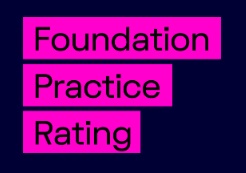
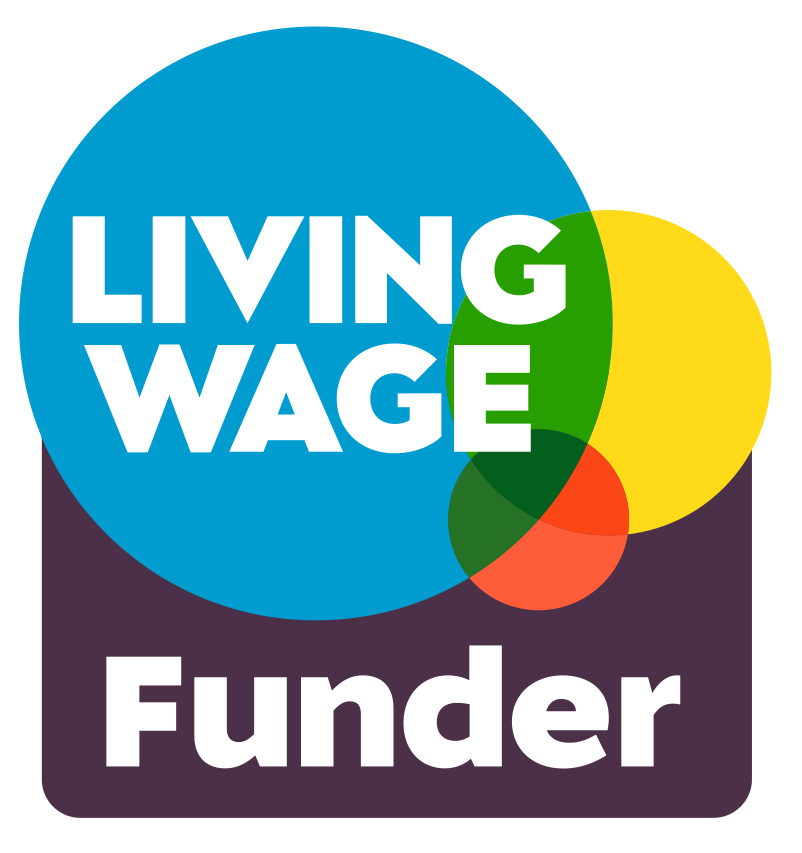
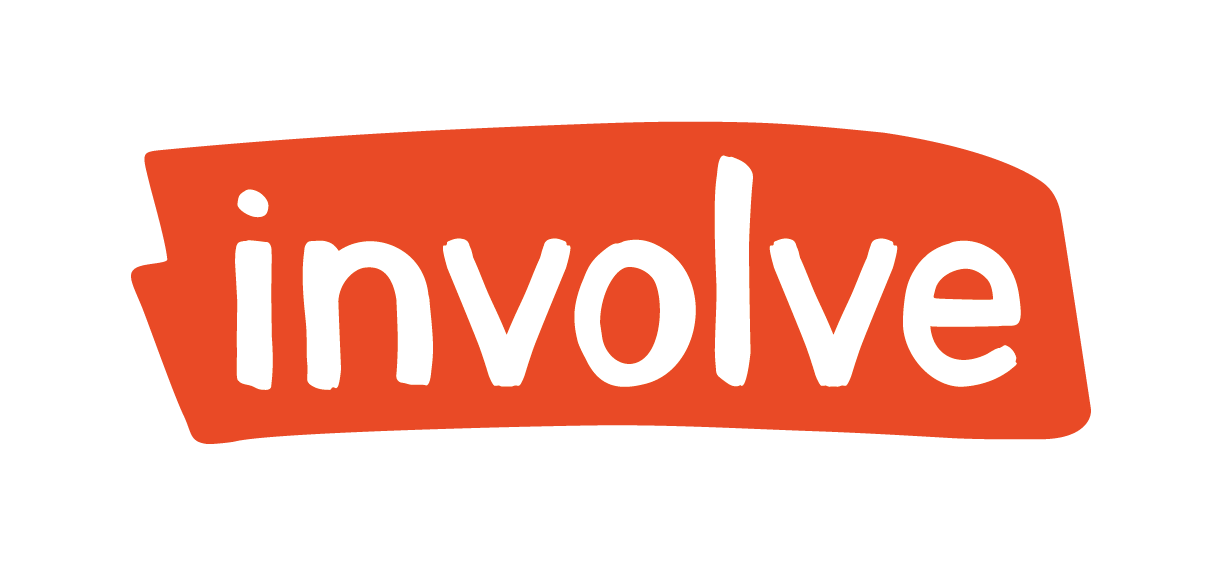
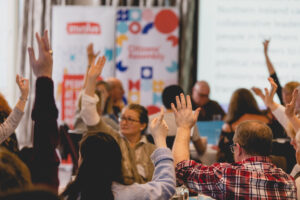 Get involved
Get involved
